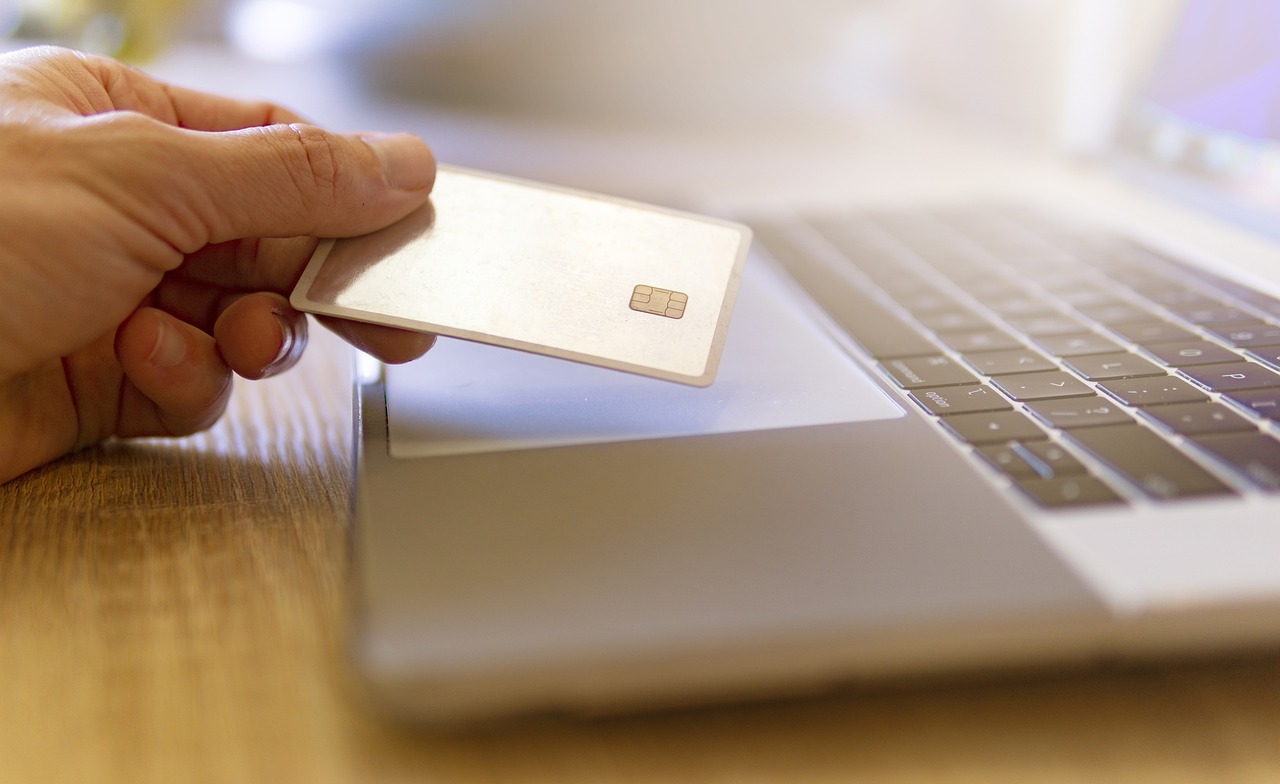US Banks Accept Foreign Passports, Utility Bills as Proof of Address, Check Credit History, and May Require Employment Verification to Open Accounts
GPT_Global - 2025-09-19 07:30:17.0 27
What types of identification are accepted by U.S. banks?
```htmlWhen sending money through a remittance service, proper identification is essential to comply with U.S. banking regulations. U.S. banks require certain forms of ID to process financial transactions safely and securely.
Commonly accepted identification includes government-issued IDs such as a passport, driver’s license, or state ID card. These documents help verify the sender’s identity, ensuring compliance with Know Your Customer (KYC) regulations. A passport is typically required for international transactions, while a driver’s license or state-issued ID is often used for domestic transfers.
For individuals without traditional forms of ID, banks may accept documents such as military IDs or permanent resident cards. Additionally, a Social Security Number (SSN) or taxpayer identification number (TIN) may be necessary for U.S. citizens and residents.
Some remittance services may also accept utility bills or bank statements as proof of address, especially for clients using the service for the first time. Always check with your specific bank or remittance provider for a full list of accepted documents to ensure a smooth transaction.
```
Can a foreign passport be used to open a bank account in the U.S.?
Opening a bank account in the U.S. can be an important step for immigrants, international students, and workers who need a secure way to manage money and send remittances home. A common question is whether a foreign passport can be used to open an account. The good news is that many U.S. banks accept foreign passports as valid identification, especially when combined with other documents such as an Individual Taxpayer Identification Number (ITIN) or proof of address.
Using a foreign passport makes it easier for newcomers to access banking services without requiring a Social Security Number (SSN). This is especially helpful for people who need to send money abroad quickly and safely through reliable remittance services. By opening a U.S. bank account, you can reduce fees, enjoy better exchange rates, and build financial stability while supporting loved ones overseas.
However, requirements vary from bank to bank. Some institutions may also ask for additional documentation like a visa, employment letter, or student ID. Before applying, it’s best to research banks that cater to international clients or partner with remittance providers. With the right documents, a foreign passport can indeed open doors to banking and easier global money transfers.
Are utility bills accepted as proof of address when opening an account?
When opening an account for a remittance business, one of the essential requirements is providing proof of address. Many individuals wonder if utility bills are accepted as proof of address. The short answer is yes—utility bills are often accepted as a valid proof of address. These bills typically include electricity, water, gas, or internet services, and they must be recent, usually within the last 3 months.
Utility bills are considered reliable because they are linked to your name and address, providing a clear verification of your residential location. However, it's important to note that some remittance businesses may have specific requirements or additional documentation needed. Always check the provider's terms and conditions to ensure the utility bill is acceptable.
In conclusion, utility bills are a common and widely accepted form of address verification when opening an account with remittance services. To avoid any delays, ensure the bill meets the business's criteria and is within the specified timeframe. It's always best to confirm directly with the provider for any specific guidelines.
Do U.S. banks check credit history when opening a new account?
Here’s a concise SEO article based on your topic: ---When opening a new bank account in the U.S., many people wonder if banks check credit history. The answer is not always straightforward. Unlike applying for a loan or credit card, opening a checking or savings account usually does not require a hard credit check. Instead, most banks use specialized systems like ChexSystems to review past banking behavior, such as overdrafts or closed accounts due to unpaid fees.
For individuals sending international remittances, this distinction is important. Having a reliable U.S. bank account makes it easier to transfer money abroad securely and at lower costs. A poor credit score may not prevent you from opening an account, but unresolved issues with previous banks could cause delays. This is why maintaining a positive banking record is essential for smooth remittance transactions.
In summary, while U.S. banks rarely run full credit reports for new accounts, they do check financial history related to banking activity. To ensure uninterrupted access to remittance services, customers should keep accounts in good standing and choose banks or money transfer providers that understand their unique needs. A healthy banking relationship ensures faster, safer, and more affordable cross-border transfers.
Is employment verification required to open a U.S. bank account?
When opening a U.S. bank account, many customers are curious about the necessity of employment verification. The requirement for this verification varies depending on the type of account and the bank's policies. Typically, for personal checking or savings accounts, employment verification may not be a mandatory requirement. However, certain types of accounts, such as business accounts or accounts with specific features, might ask for proof of employment or income.
For remittance businesses, understanding the account opening process is crucial. Remittance services often deal with individuals who need to send or receive money internationally. While employment verification may not always be required, providing proof of income or employment can strengthen your application, especially for individuals with limited banking history. This can also help ensure smooth transactions and compliance with anti-money laundering regulations.
In conclusion, while employment verification is not always necessary to open a U.S. bank account, it can be beneficial, particularly for remittance businesses that need to establish trust with financial institutions. It's always a good idea to check with your bank for specific requirements based on your needs.
About Panda Remit
Panda Remit is committed to providing global users with more convenient, safe, reliable, and affordable online cross-border remittance services。
International remittance services from more than 30 countries/regions around the world are now available: including Japan, Hong Kong, Europe, the United States, Australia, and other markets, and are recognized and trusted by millions of users around the world.
Visit Panda Remit Official Website or Download PandaRemit App, to learn more about remittance info.


